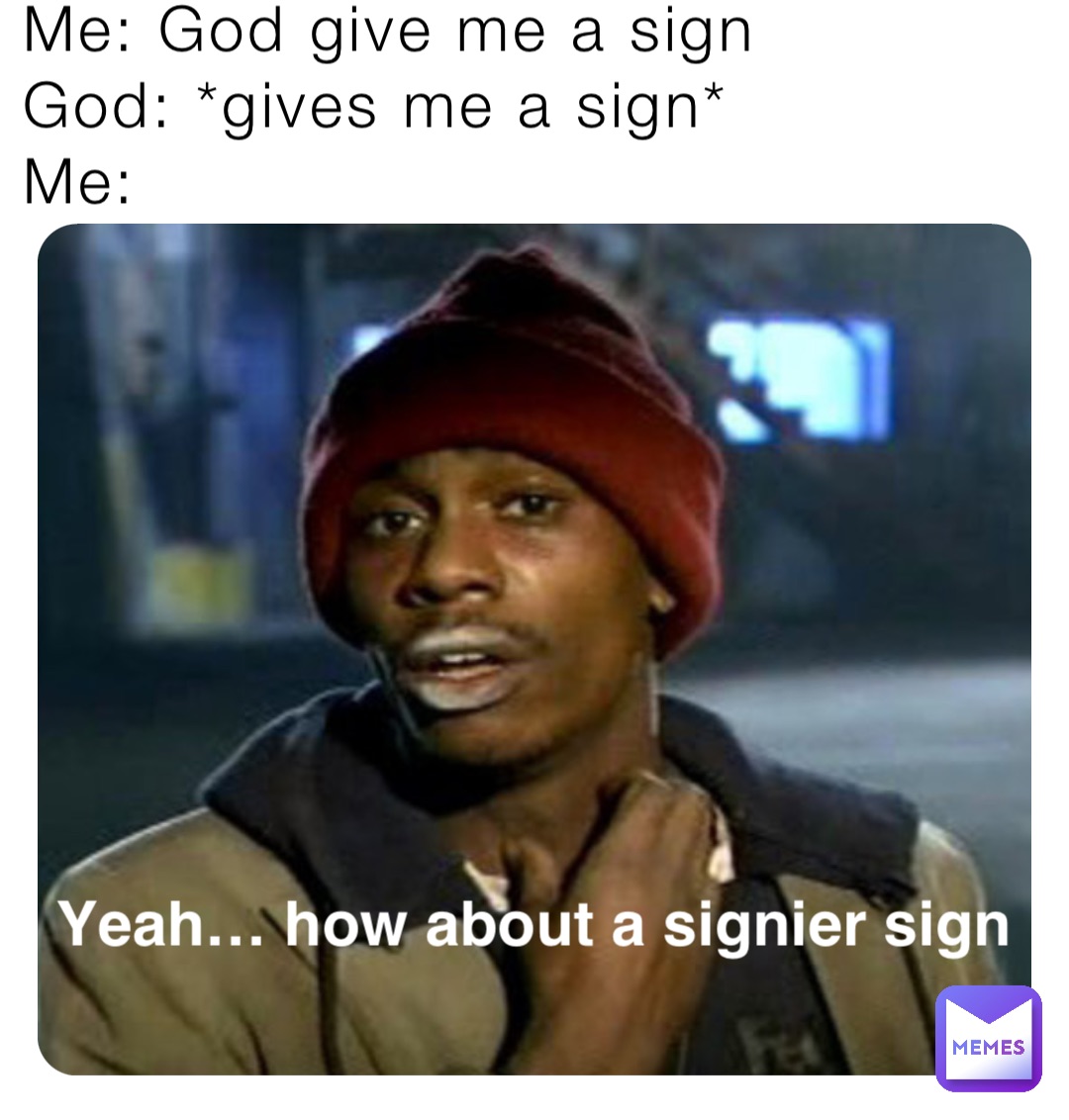A sign from god
hei, zivs, tas noteikti nozīmē, ka mums jādrātējas vai jāprecas. bet tad tev jādrātē arī kvantu cirvis un resorts :/
attēlā zivs:
hei, zivs, tas noteikti nozīmē, ka mums jādrātējas vai jāprecas. bet tad tev jādrātē arī kvantu cirvis un resorts :/
attēlā zivs:
"I have decided to send every thing to hell, and scram from this rotten Paris before I get nuts myself. You have no idea the kind of bitches these people are. They make me vomit. They are so damn “intelectual” and rotten that I can’t stand them any more. It is realy too much for my character. I rather sit on the floor in the market of Toluca and sell tortillas than to have anything to do with those “artistic” bitches of Paris. They sit for hours on the “cafes” warming their precious behinds, and talk without stopping about “culture” “art” “revolution” and so on and so forth, thinking themselves the gods of the world, dreaming the most fantastic nonsenses, and poisoning the air with theories and theories that never come true [..]" /Frīda
mana mīlestība man zvana un runā par ziemeļbriežiem. es saku - uzliec man lielo pasaules koku. un viņš uzliek arī. es atrodu tur sevi.

nekas. es viņu pasargāšu
- no puedes decir estas cosas con sangre a tu cara
- si puedo ju seksi devil [lick]
Speech: “To be, or not to be, that is the question”
By William Shakespeare
(from Hamlet, spoken by Hamlet)
To be, or not to be, that is the question:
Whether 'tis nobler in the mind to suffer
The slings and arrows of outrageous fortune,
Or to take arms against a sea of troubles
And by opposing end them. To die—to sleep,
No more; and by a sleep to say we end
The heart-ache and the thousand natural shocks
That flesh is heir to: 'tis a consummation
Devoutly to be wish'd. To die, to sleep;
To sleep, perchance to dream—ay, there's the rub:
For in that sleep of death what dreams may come,
When we have shuffled off this mortal coil,
Must give us pause—there's the respect
That makes calamity of so long life.
For who would bear the whips and scorns of time,
Th'oppressor's wrong, the proud man's contumely,
The pangs of dispriz'd love, the law's delay,
The insolence of office, and the spurns
That patient merit of th'unworthy takes,
When he himself might his quietus make
With a bare bodkin? Who would fardels bear,
To grunt and sweat under a weary life,
But that the dread of something after death,
The undiscovere'd country, from whose bourn
No traveller returns, puzzles the will,
And makes us rather bear those ills we have
Than fly to others that we know not of?
Thus conscience doth make cowards of us all,
And thus the native hue of resolution
Is sicklied o'er with the pale cast of thought,
And enterprises of great pith and moment
With this regard their currents turn awry
And lose the name of action.
Negribi labāk šādi? Esmu Raians šajā stāstā. Būm
sākumā visi bija pricīgi. kā parasti.
Varbūt ja tu jau no sākta gala būtu ievērojusi, ka Raians ir sapuvis no iekšienes, tad nebūtu jārakņājas pa viņa atvilktnēm ar zilu aci.
Un tas dzīvoklis? Vai tad nebija smuks? VAI TAD NEBIJA SMUKS KOA?!
sarkanrīklītei patīk sēdēt uz maza ceriņu zara šausmīgi stiprā vējā. un brīnīties.
es apbrīnoju šos mazos putniņus. man prieks, ka tie izvēlējušies manu mājas priekšu par savu tusiņu vietu. čau, sarkanrīklīt!
*"Magnetoreception
The avian magnetic compass of the robin has been extensively researched and uses vision-based magnetoreception, in which the robin's ability to sense the magnetic field of the earth for navigation is affected by the light entering the bird's eye. The physical mechanism of the robin's magnetic sense involves quantum entanglement of electron spins in cryptochrome in the bird's eyes.[46][45]".